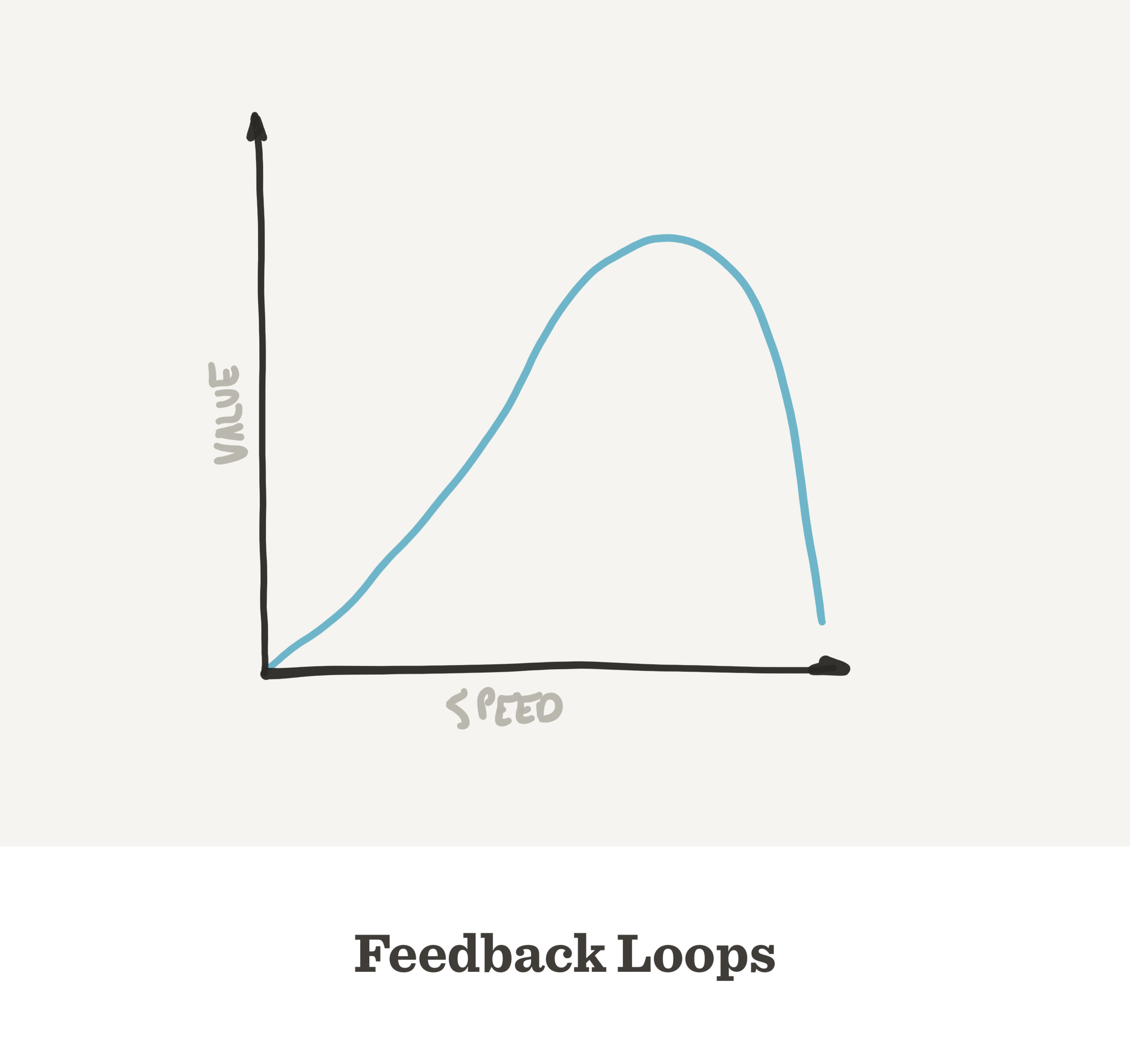Boulder Open Coffee Is Ready for Fresh Leadership
/Boulder Open Coffee (BOC) is ready for fresh leadership! The group, still going strong after 13 years, deserves new energy, and as an individual, I'm ready for a change after 7 awesome years as moderator. I would love to have you help me find the next moderator and have jotted down some notes to provide context - thanks in advance for helping out!
What’s BOC?
This is an informal group for anyone interested in the startup community, particularly those with an interest in technology. We've been meeting regularly since 2007.
There’s more on the Boulder Open Coffee Meetup page.
What’s in Place
The group has been meeting since 2007 and has strong support from the community, including a core group of regulars who will help provide plenty of continuity.
Strong Attendance
We regularly have 20+ people attend any given session, with about a third being regulars, a third being occasional attendees, and a third brand new to the event. I haven’t had to actively market the event in any way, with word of mouth and Meetup providing plenty of exposure.
Venue Sponsor
Throughout the years BOC has had several homes, with Galvanize providing a room free of charge to the group since 2017. It’s been a great place to meet, with plenty of support from Galvanize staff, access to the cafe, and lots of natural light. They’ve been great sponsors that deserve the occasional public thank you but otherwise don’t need much in return.
Financial Sponsor
MojoTech has covered expenses for the BOC Meetup page and Zoom account. As a MojoTech employee, I can plan on continuing sponsorship of BOC for the foreseeable future. Like Galvanize, MojoTech won’t ask for much in return.
What Being a Moderator Entails
BOC has been and always should be a community event. I’ve taken the same approach that my predecessors Jason Mendelson, Michael Sitarzewski, and Doyle Albee have taken, which is to be a steward of the event in service of the community.
Being Dependable
I half jokingly tell people that if I disappeared one day Boulder Open Coffee would continue without missing a beat. That said, the group has lasted 13 years in no small part because of the dependability of its moderators. This will be a marathon for the next moderator, not a sprint, with the group meeting like clockwork every two weeks with just the occasional break for year-end holidays.
Missing a session as moderator requires finding somebody to fill in, which takes a little forethought. Another option is to find a co-moderator. Doyle and I did so for several years to making taking days off easier and to share the load generally, which worked well.
Being Welcoming
In addition to being a steward the role often includes being an ambassador of sorts. With a third of attendees being new to the group, many of them having recently moved to the area, and occasionally visiting from outside the state or country, making people feel welcome to the group is incredibly important.
Having an understanding of what’s going on around town and what resources are available is also valuable, though asking regulars in the group to help out along those lines works just fine.
Keeping the Conversation Moving
I like to tell attendees that their job is to provide direction by starting conversations about topics they’re interested in, and my job is to make sure the conversation is flowing. The two biggest challenges that I take on as a moderator are to include everybody that wants to speak and to jump in when the conversation stalls out or becomes heated.
Including everybody requires paying a lot of attention to the people who aren’t speaking, picking up non-verbal cues, and occasionally having to jump into an active conversation to make sure that others have a chance to add their thoughts. I found that this took a lot of practice to get right, which plenty of chances to get better each and every session.
Knowing when to change the subject or rein in a conversation can also be challenging but isn’t required very often. Occasionally two people will begin to dig in their heels on opposite sides of an issue. Sometimes somebody will get on a roll about a topic they’re really interested in but hasn’t noticed that the rest of the group isn’t. In those instances it’s important for the moderator to take action, which sometimes requires cutting somebody off before they’re able to finish their complete thought.
While not challenging another important responsibility for the moderator is to have a few topics handy when there’s awkward silence because nobody else in the group has a topic they’d like to discuss. These days I’m able to invest 30 minutes or less before each session to scan through my RSS feeds to read up on a few potential topics. This doesn’t require becoming an expert in the subject, just enough of an understanding to frame the conversation if the topic is needed.
What’s in it for You?
Ultimately being a steward for this type of event needs to be rooted in a desire to serve the community. That said, there’s no shame in reaping the rewards that come with the role.
A natural byproduct of moderating BOC is having a strong sense of what’s going on in the startup and technology community. With events, product launches, and hot trends regularly discussed it’s almost impossible not to feel very well plugged into all the latest and greatest news.
I’ve gotten to know a tremendous number of people through Boulder Open Coffee. I’ve found that the strongest connections in my network have been with people that I’ve thought out loud with, which is exactly what we do at BOC. I’ve been asked to speak, appear as a panelist, judge competitions, and do other interesting things largely because so many in the community have gotten to know me via BOC.
Help Me Find the Next Moderator!
If you or somebody you know is interested in moderating, please let me know!



